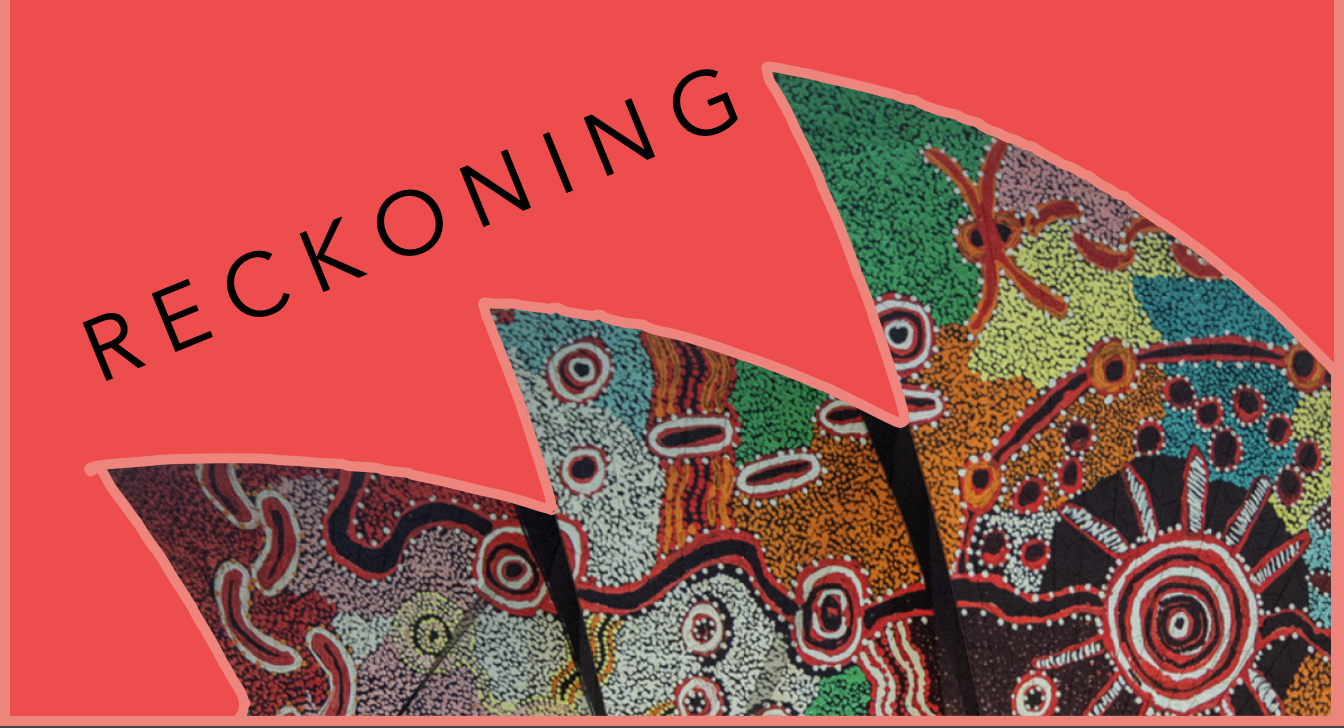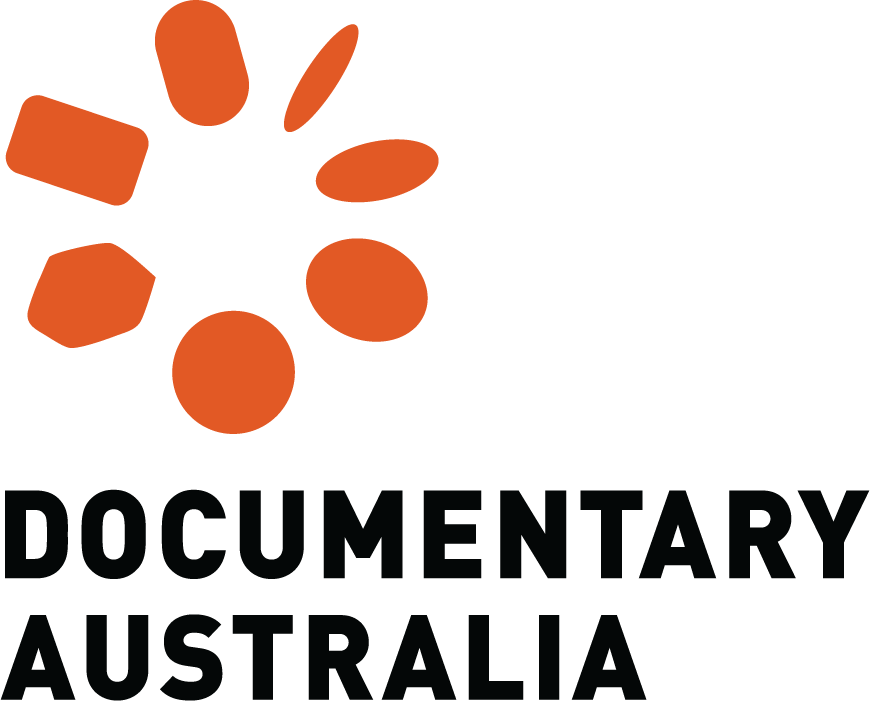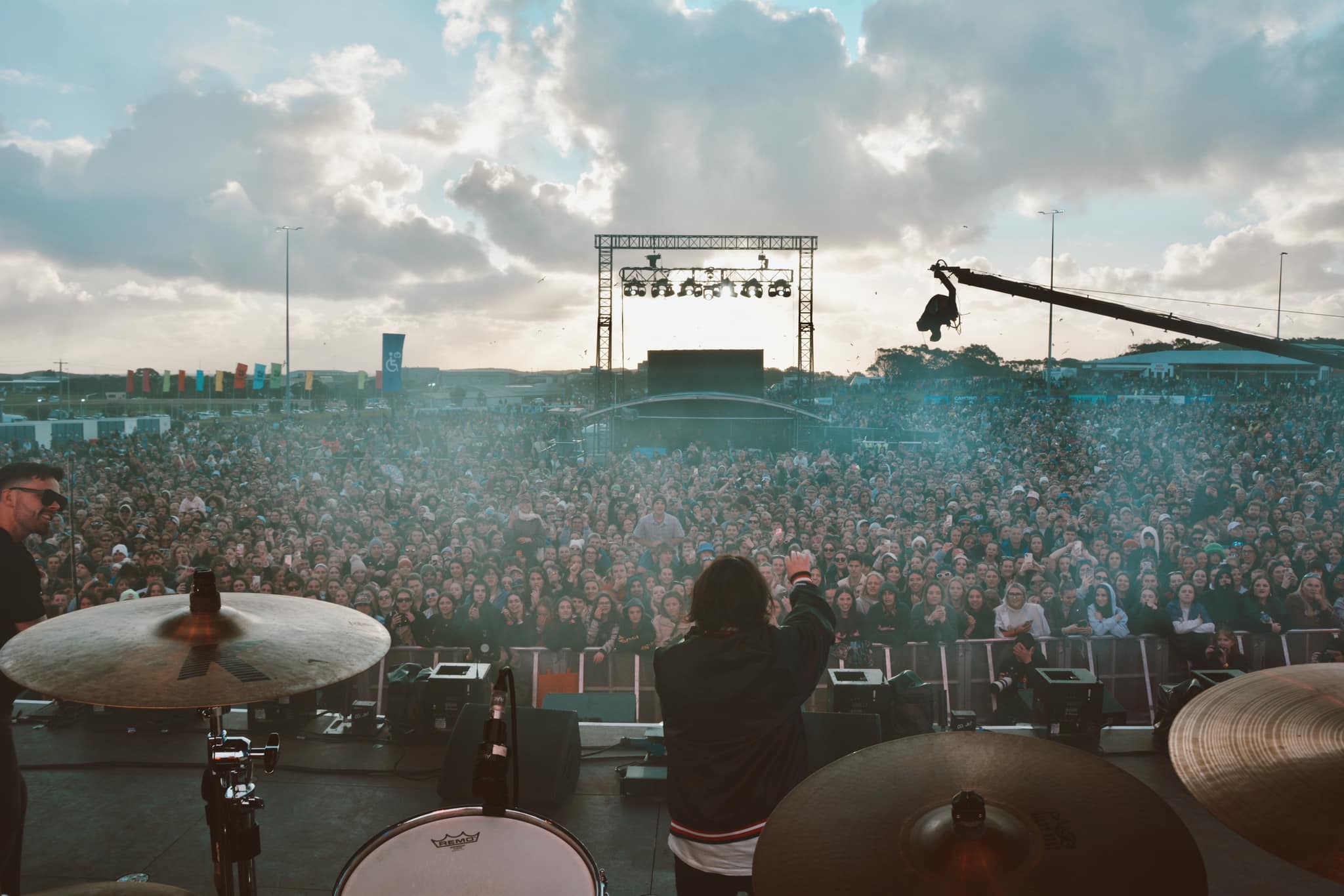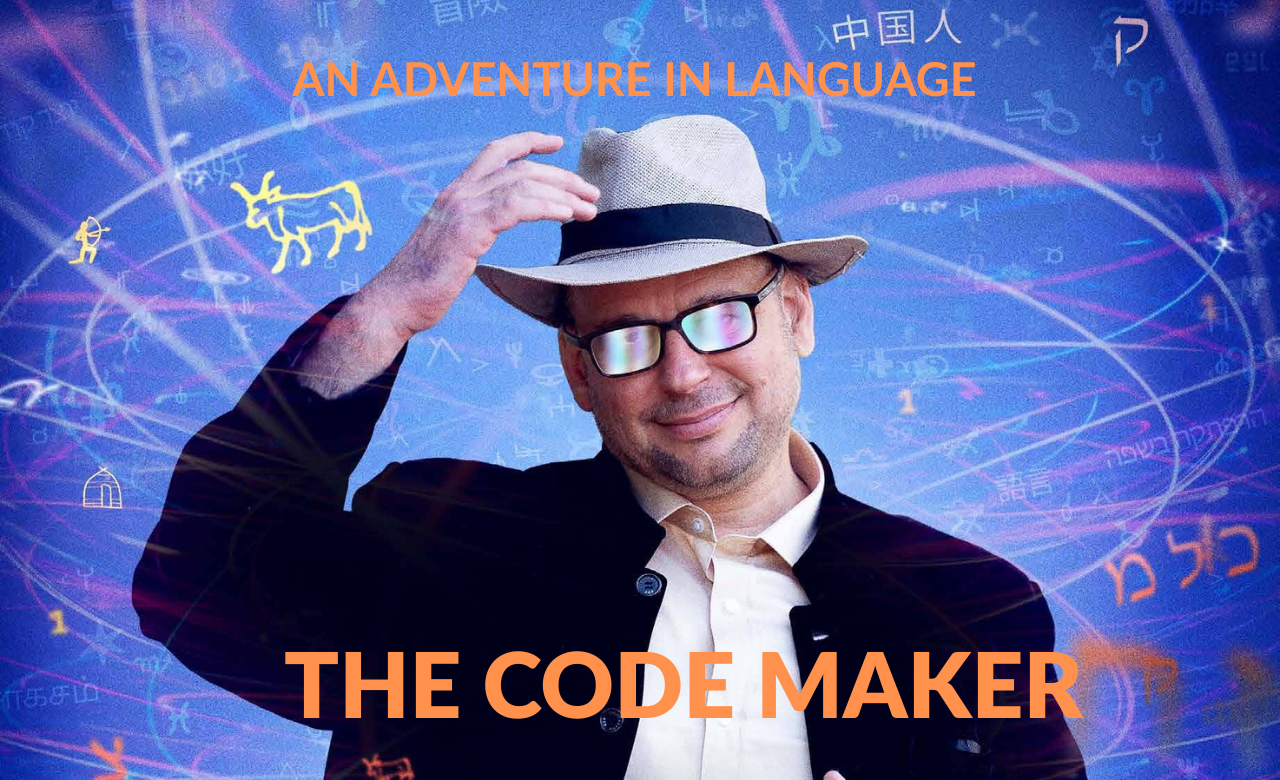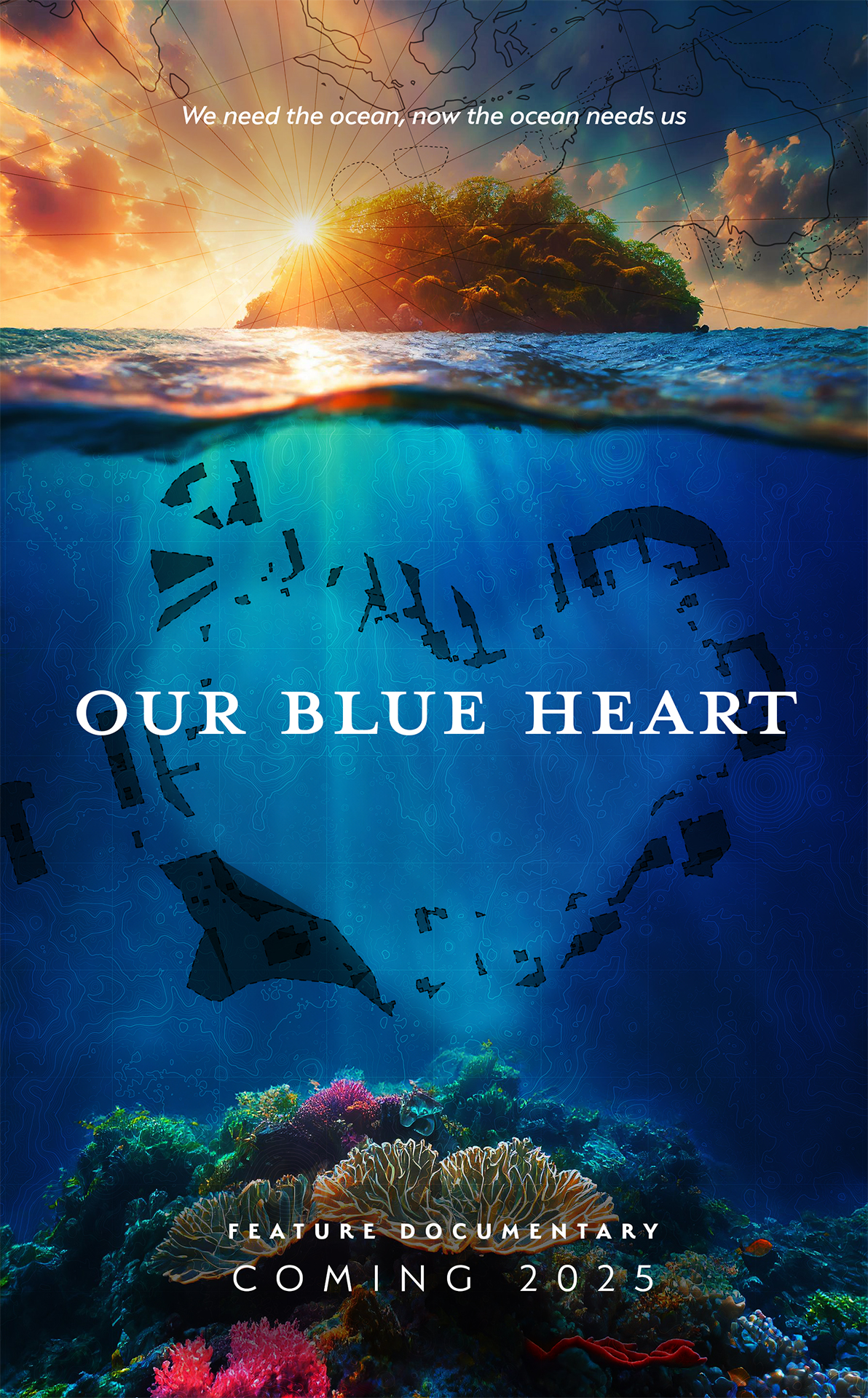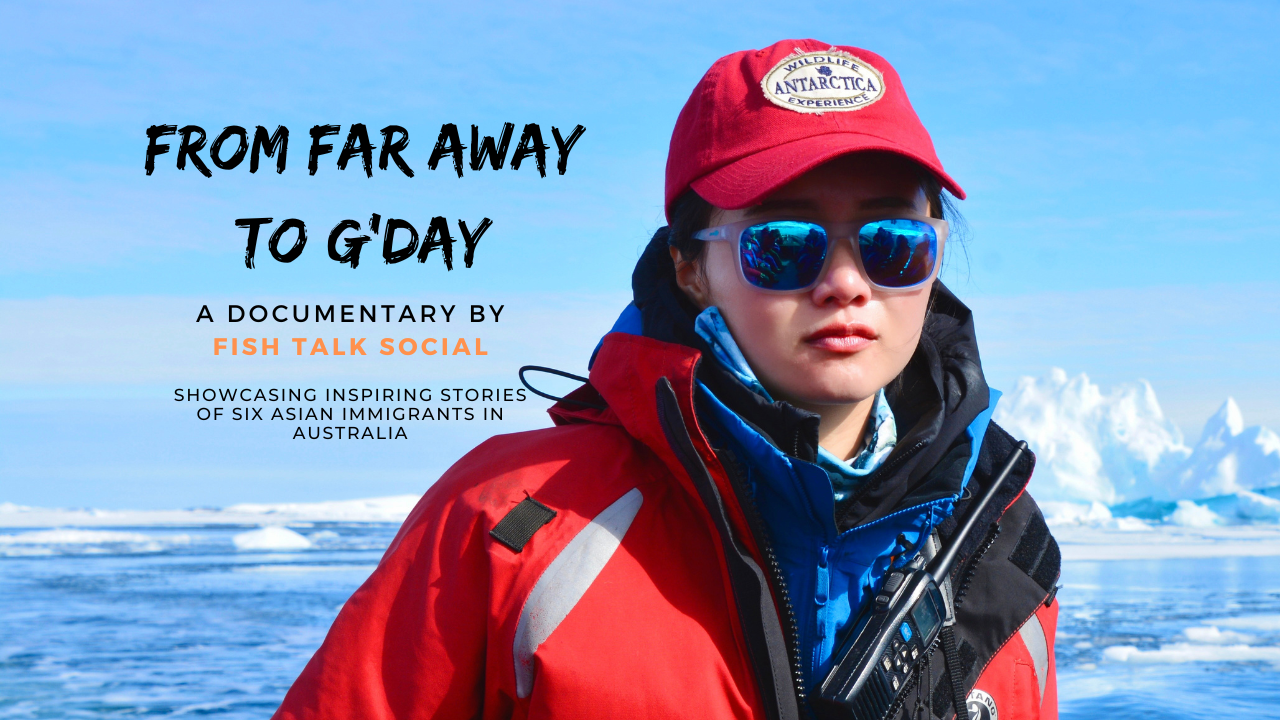Following the rejection of an Indigenous Voice to Parliament, Reckoning responds to our First Nations’ call in the Uluru Statement for truth-telling – by engaging with Indigenous and non-Indigenous folk grappling with the legacies of colonisation. In utilising the latest historical research to put the record straight, Reckoning will focus on First Nations resilience and resistance to colonisation, on contemporary efforts to bring about change to its negative impacts and on the assertion of Indigenous knowledge.
The filmmaking team will embark on a both-ways-storytelling road trip around Australia – following the path of colonisation and exploring truth-telling initiatives along the way. The Voice referendum may have failed but across the country ‘occupiers’ and First Nations people are creating local change through Truth-telling in a long overdue reckoning with the unfinished business of belonging, identity and nationhood.
En route we explore a tapestry of initiatives – we visit memorials to black and white; explore stories of Indigenous resistance, frontier violence and the secret bone trade; experience creative responses to truth-telling; see land initiatives in action; track descendants undertaking critical family histories; and look at ways of reclaiming culture and exploding the myths of the past. But the truth is only worth the trauma if real change occurs as a result. Will we find such change and models to follow or will Truth-telling turn out to be yet another iteration of First Nations people revisiting trauma accompanied by settler hand-wringing?
To ensure Reckoning is made in a spirit of true collaboration our creative team embodies settler and Indigenous perspectives. Settler producer Stephen Luby (The Secret River) is joined by First Nations co-writer/executive producer Steve Kinnane (The Coolbaroo Club and Shadow Lines) and co-writer/director Steve Thomas (Black Mans Houses and Freedom Stories).
Dr Steve Thomas is an independent documentary maker and Honorary Fellow (previously Senior Lecturer) at the VCA Film School, Melbourne University.
His 2015 feature documentary, Freedom Stories, completed a trilogy of films about asylum seekers (www.freedomstoriesproject.com), along with Hope (2007) and Welcome to Woomera (2004). Freedom Stories premiered at the Sydney Film Festival and was a finalist in the Documentary Australia Foundation Award for Australian Documentary. Hope won the ATOM Award for Best Social/Political Documentary and was a finalist in the Australian Human Rights Awards and ADG Awards.
His earlier films include Black Man’s Houses (1992) and Harold, multi-award winning ABC TV documentaries examining black-white relations in Australia. He won the AFI Award for Best TV Documentary with his exploration of multiculturalism in The Hillmen – A Soccer Fable (1996) and a UNAA Media Peace Award for Least Said, Soonest Mended (2004), his twin sister’s adoption story.
